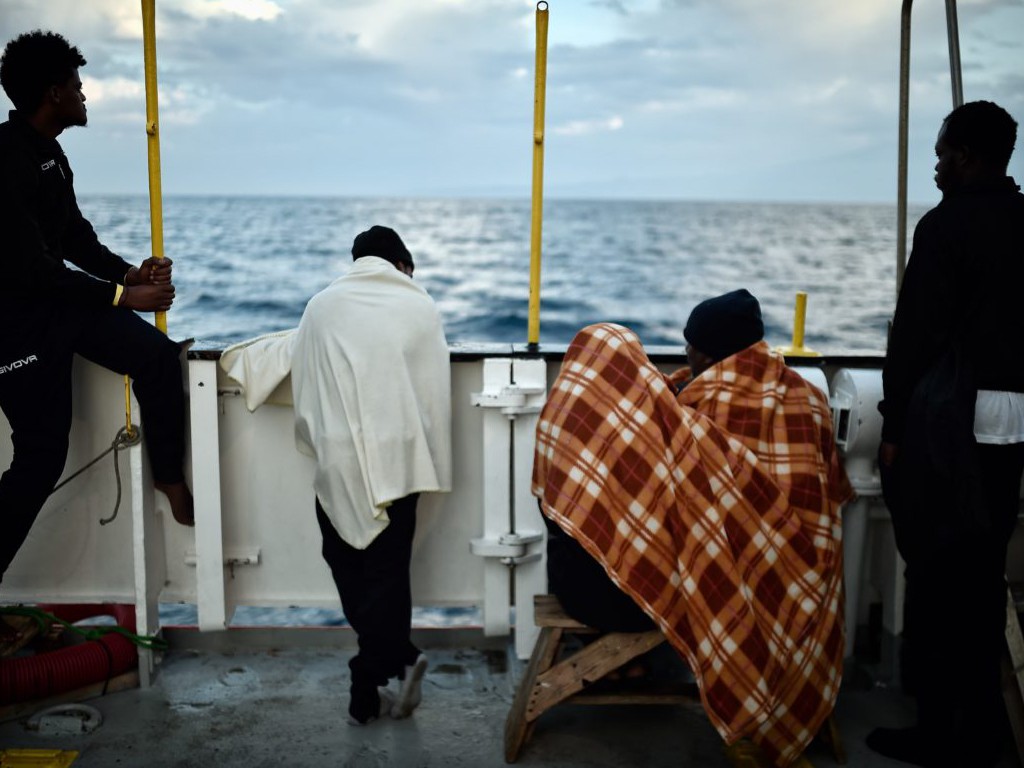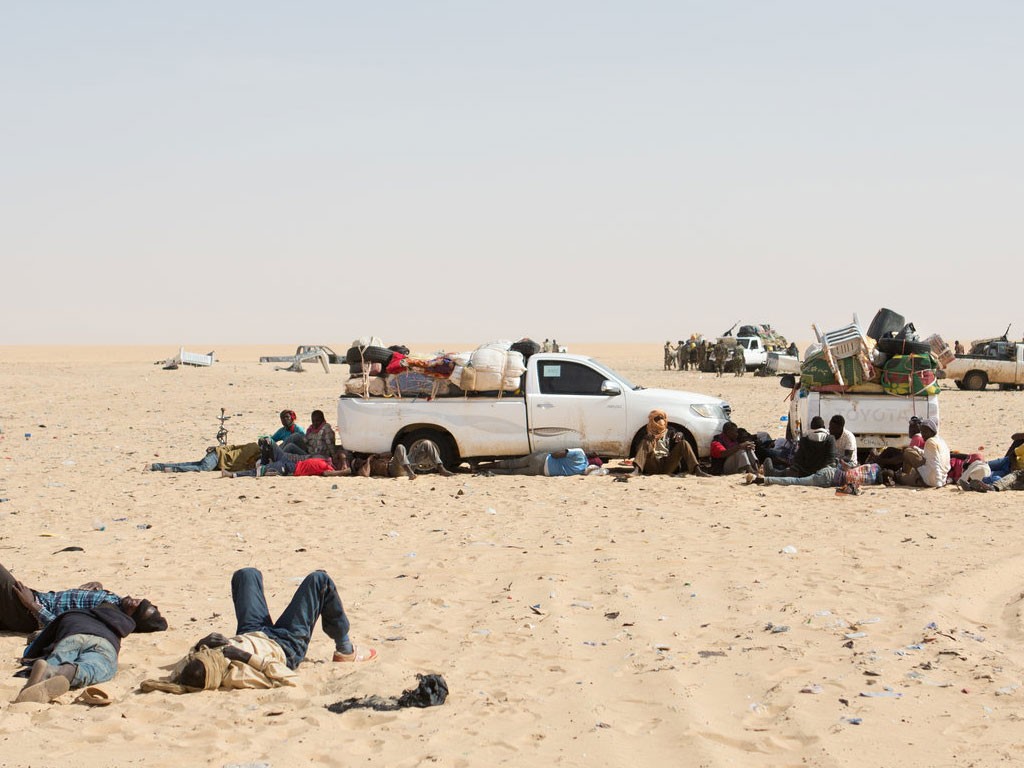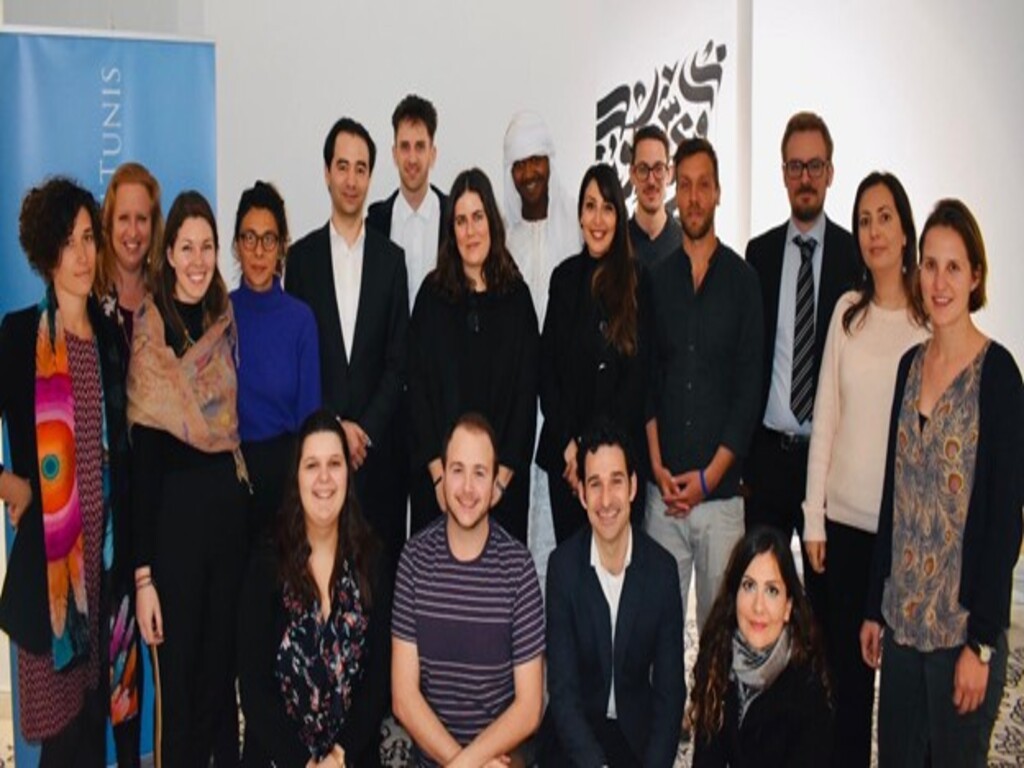Project Description
The world is experiencing an unprecedented migration crisis: over 66 million people have been uprooted from their home and every minute an estimated 24 more are forced to flee conflict, persecution, and poverty. In response to the increasing levels of global migration to the European Union (EU), member states, and nations and regional authorities along migration routes are implementing policies that result in negative protection risks for refugees and migrants on the move. With the increasing blockage of traditional eastern migration routes, transit has shifted to the Sahel region of Africa and up through Libya. Despite reported death and human rights violations of refugees and migrants documented along the Sahel route, little reliable data exists that documents the adverse outcomes faced by those migrating in this region.
This project is the first phase of a longitudinal mixed-methods research proposal, which will identify the human rights violations and mortality of migrants and refugees associated with migration in the Sahel region. In phase one, this project will lay the groundwork for in-depth research by developing a contextual study framework, identifying and testing proposed research methodology through field assessments, and gain entry points to information networks and regional stakeholders in the Sahel region through key informant interviews and expert convenings over a 9-month period. Ultimately, both phases of this project will provide needed evidence of and bring attention to the migration risks along the Sahel route, advocate for safer migration policies that reflect the human rights of migrants and refugees, inform humanitarian practice, and advocate for protective and evidence-based migration policies in host countries and the EU.



